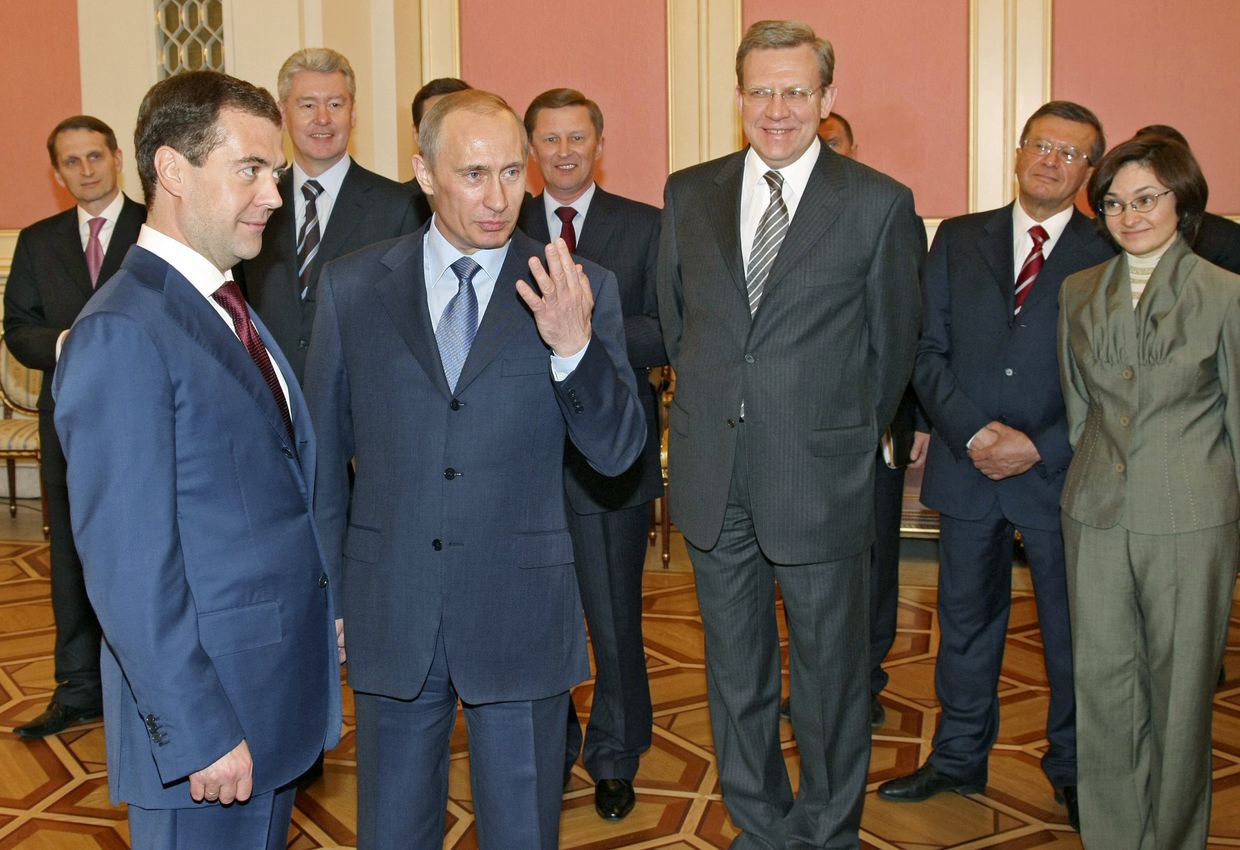Putin signs law restricting media freedom during elections

Russian President Vladimir Putin approved amendments to the law on presidential elections that establish new restrictions on media coverage, according to the Russian state legal portal on Nov. 14.
The 71-year-old leader is expected to run for another term in March 2024, though the official announcement has not yet been made.
The law now only allows journalists who have an employment contract with registered media outlets to cover election commission meetings.
"Only those who have the right according to the legislation of the Russian Federation" will be able to take photos and videos at polling stations, the law says.
If a polling station is on the territory of a military unit, only accredited journalists who have permission from the head of the unit will be able to film.
This will likely bar independent journalists from monitoring much of the upcoming presidential election.
The law also states that the Central Election Committee can postpone an election if its "preparation and holding pose a threat to the lives and health of Russians," Suspilne noted.
Election campaigning on "blocked resources" is also prohibited, referring to social media networks like Facebook and Instagram that are banned, though many Russians continue to access the sites through a VPN.
The law now stipulates that the Central Election Commission can also change the electoral procedure in territories where martial law has been declared.
The Russian-occupied areas of Ukraine's Luhansk, Donetsk, Kherson, and Zaporizhzhia oblasts are currently under Russian martial law and ruled by Russian proxy authorities.
Russia staged sham elections in these territories in September 2023, following a fake referendum on "annexation" in September 2022.













